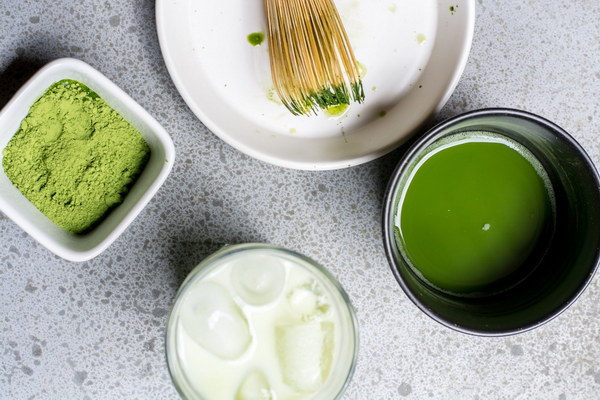Cultivating Body and Mind The Art of Filial Piety
In the tapestry of human values and virtues, filial piety stands as a pillar of respect and reverence for one's parents. It encompasses more than just the act of showing obedience and care; it is a profound practice of nurturing both the body and the mind. This article delves into the essence of filial piety, exploring its significance and the ways in which it promotes holistic well-being.
The Concept of Filial Piety
Filial piety, derived from the Chinese philosophy, is a moral code that emphasizes the importance of children showing respect and care for their parents. It is deeply rooted in Confucianism, where it is considered one of the five cardinal virtues. Filial piety is not limited to the physical care of parents; it also encompasses emotional support, moral guidance, and the preservation of family honor.
The Significance of Filial Piety
1. Strengthening Family Bonds: Filial piety fosters a sense of unity and harmony within the family. By prioritizing the needs and well-being of parents, children create a nurturing environment that promotes love and support among family members.
2. Promoting Emotional Well-being: Showing filial piety can enhance the emotional health of both the child and the parent. It fosters a sense of gratitude, empathy, and compassion, which are essential for a fulfilling life.
3. Cultivating Moral Values: Filial piety instills moral values such as respect, integrity, and gratitude. These values extend beyond the family and contribute to a more compassionate and harmonious society.
4. Enhancing Physical Health: Taking care of one's parents can have a positive impact on physical health. Engaging in activities that promote their well-being, such as preparing nutritious meals and accompanying them to medical appointments, can contribute to a healthier lifestyle for everyone involved.
The Practice of Filial Piety
1. Emotional Support: Providing emotional support to parents is an essential aspect of filial piety. This can be achieved through regular communication, spending quality time together, and offering a listening ear. It is important to acknowledge their feelings and provide comfort during challenging times.

2. Physical Care: Taking care of the physical needs of parents is another critical aspect of filial piety. This includes ensuring they have access to proper healthcare, nutritious meals, and a comfortable living environment. Accompanying them to medical appointments and assisting them with daily tasks can also demonstrate your love and respect.
3. Moral Guidance: Parents often look to their children for moral guidance. By setting a good example, children can help their parents maintain integrity and live a virtuous life. Sharing wisdom, experiences, and values can help parents navigate the complexities of life.
4. Preserving Family Honor: Filial piety also involves preserving the honor of the family. This can be achieved by upholding family traditions, respecting the heritage, and ensuring that the family name is held in high regard.
Conclusion
Cultivating body and mind through filial piety is a transformative journey that brings profound benefits to both the individual and the family. By embracing the essence of filial piety, we can create a harmonious society where love, respect, and moral values are cherished. Let us embark on this noble path and honor our parents with the respect and care they deserve.









